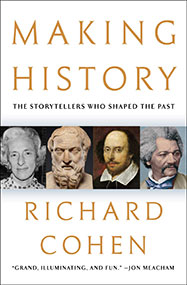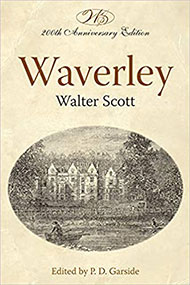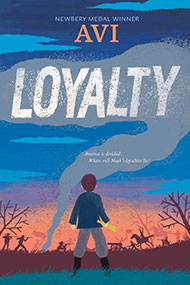I’m a believer in what the philosopher George Santayana once wrote: “Those who cannot remember the past are condemned to repeat it.”
Consider the word, HISTORY. Embedded in it is the word, story. So, it is not a surprise that in a recent review of the book, Making History by Richard Cohen, an account of how history has been written, the reviewer, Louis Menand, subtitled his review with the statement, “However fastidious they may be about facts, historians are engaged in storytelling, not science.”
And history, as story, matters.
Shortly before the Ukraine war, I read news accounts about how the Russian government was suppressing a Russian organization that compiled stories of the Stalinist era. If you read any of the statements by Putin prior to the invasion, he justified the war by telling a story about Ukraine so as to insist it had no legitimacy as an independent sovereign country.
And in our own country these days there are many news accounts telling how textbooks are being challenged because of the narratives they offer about American history. Not just old history. The way you understand the history of the 2020 US presidential election may well explain how you act today.
History matters. A lot.
It should come as no surprise that I think one of the best ways of sharing, teaching, and enlarging one’s knowledge of history is with historical fiction.
That’s particularly so with young readers.
Broadly speaking, historical fiction is a literary form of narrative set in the past, which may, more or less, hew to historical facts.
Historical fiction came into English literature with Sir Walter Scott’s (1814) novel Waverley, which was widely lauded and imitated.
But in order to write historical fiction, the novelist should do a fair amount of research. I know I do.
For my recently published book, Loyalty, I needed to do a great deal of research to gather as many facts as I could even as the human story I told was fiction. My goal was to share Revolutionary history with young people in a more inclusive way than, say, Johnny Tremain, which was written almost eighty years ago. I was trying to do what E. L. Doctorow suggested: “The historian will tell you what happened. The novelist will tell you what it felt like.”
Hopefully, historical fiction is one of the most intriguing forms of literary entertainment, which also offers new ways to remember, teach and learn.
Again: “Those who cannot remember the past are condemned to repeat it.”



2 thoughts on “History as Story”
I’m an adult who loves your books. I’ve read so many, beginning when my kids were small, then later as a mid school lib’n. I had a whole shelf of your books. I focus on WWII with my books, based on interviews with vets. I appreciate the research you put into your historical fiction. Really loved Charlotte Doyle. Thanks for your contributions to our kids’ reading for so long.
Thank you.